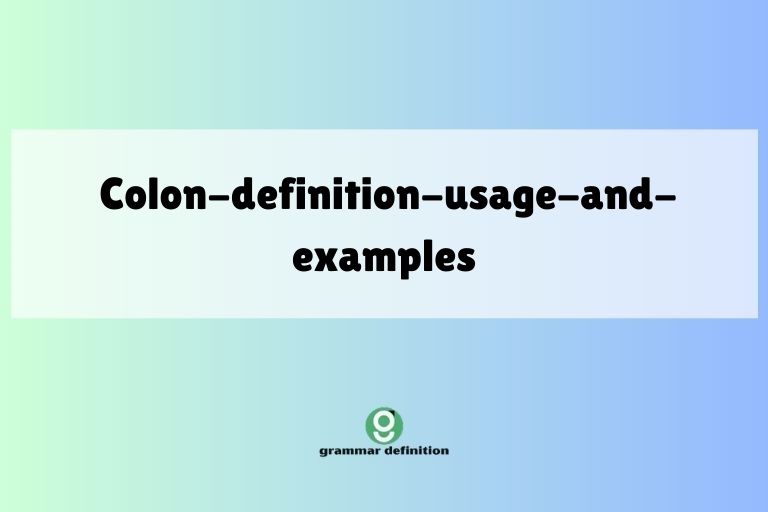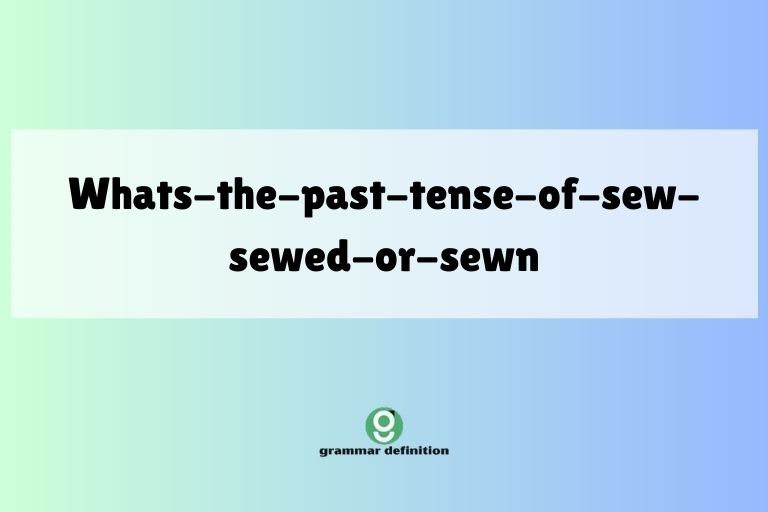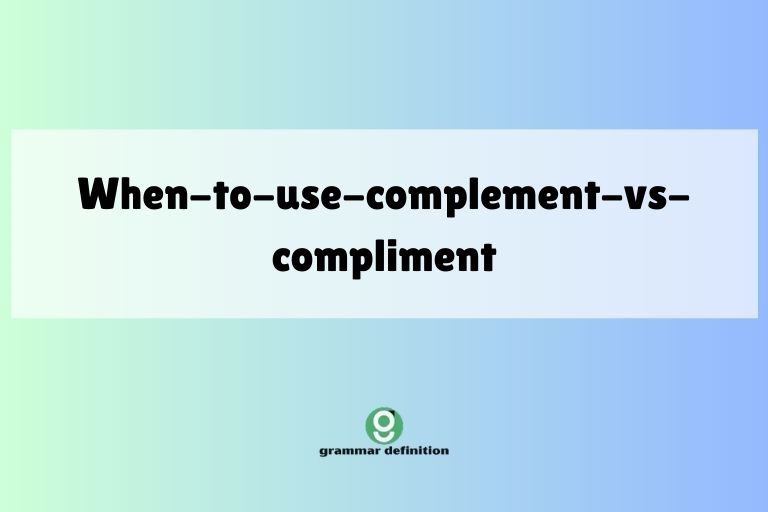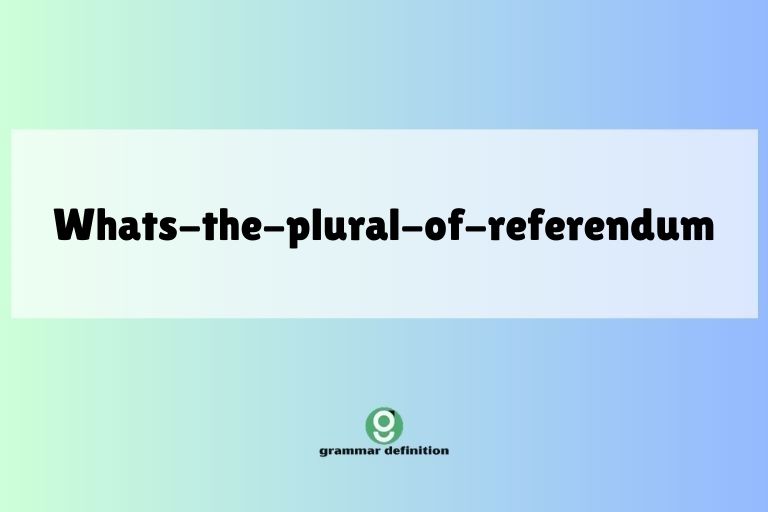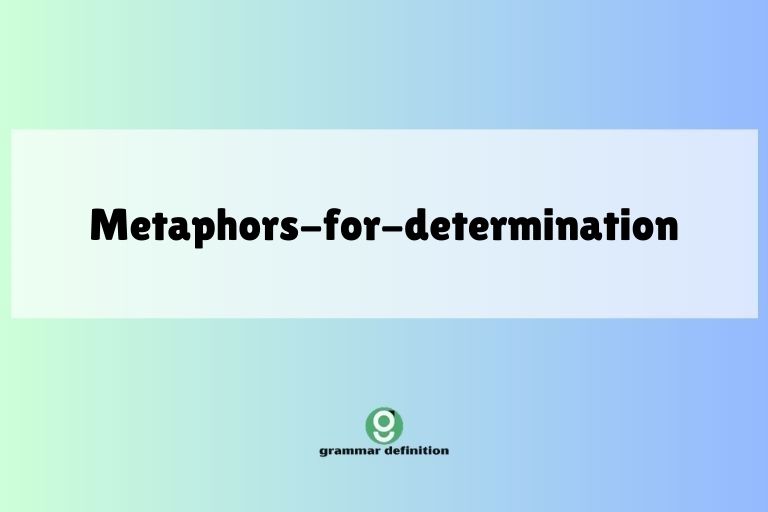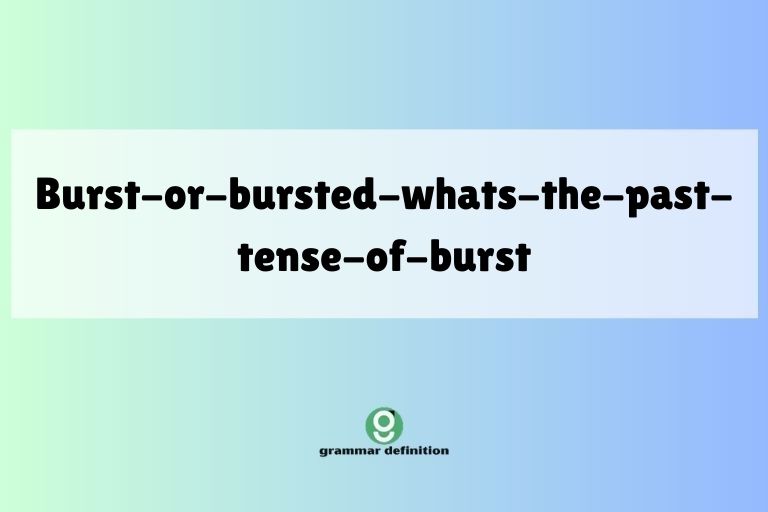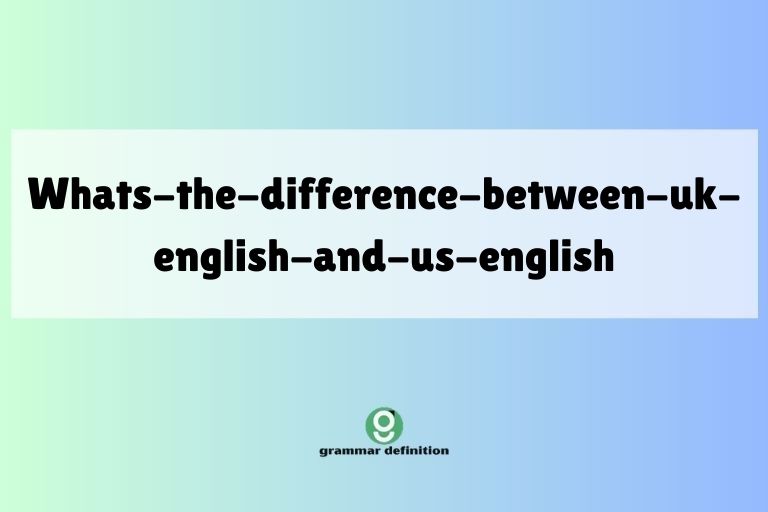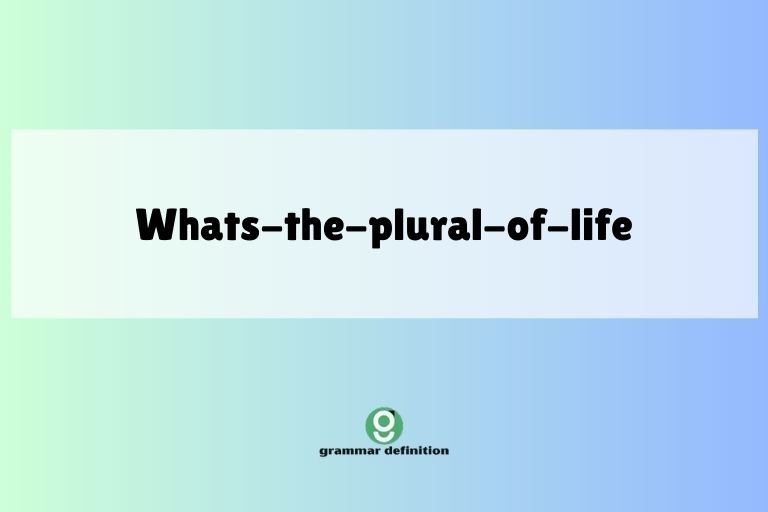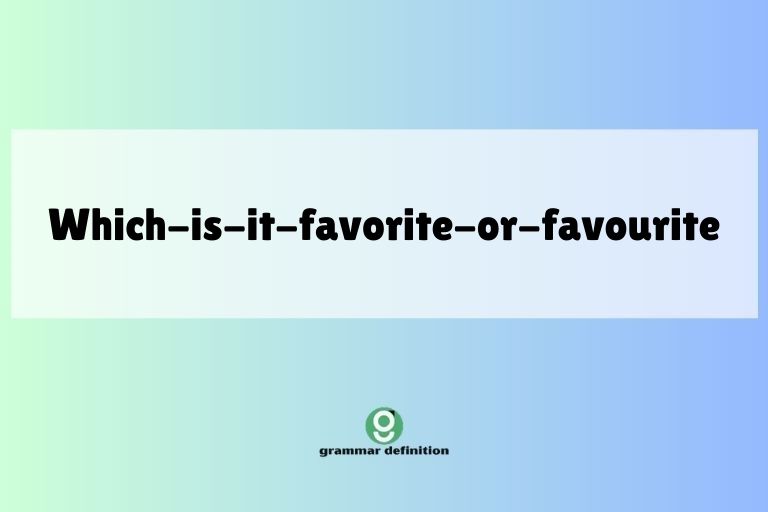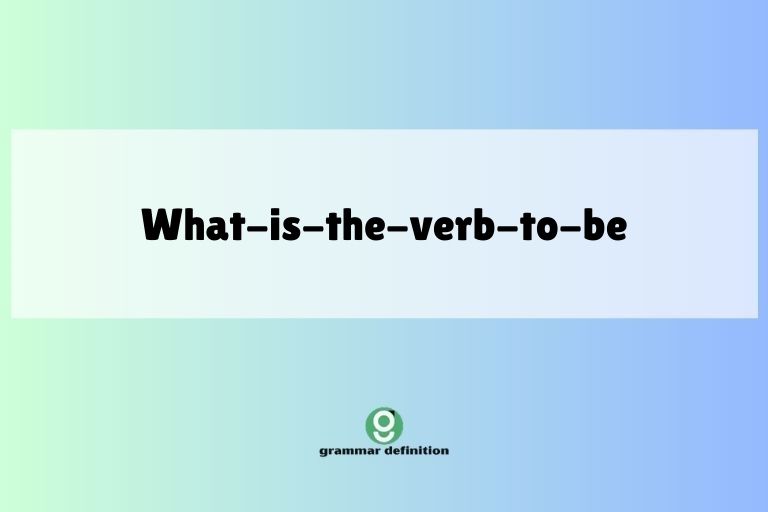The Colon: Definition, Usage, and Comprehensive Examples
The colon (:) is a punctuation mark that signals a pause, but a pause with a purpose. It’s more than just a breath; it acts as a bridge connecting related ideas, introducing lists, explanations, or examples. Mastering the colon is crucial for clear and effective writing, enhancing the flow and structure of your sentences. Whether … Read more

